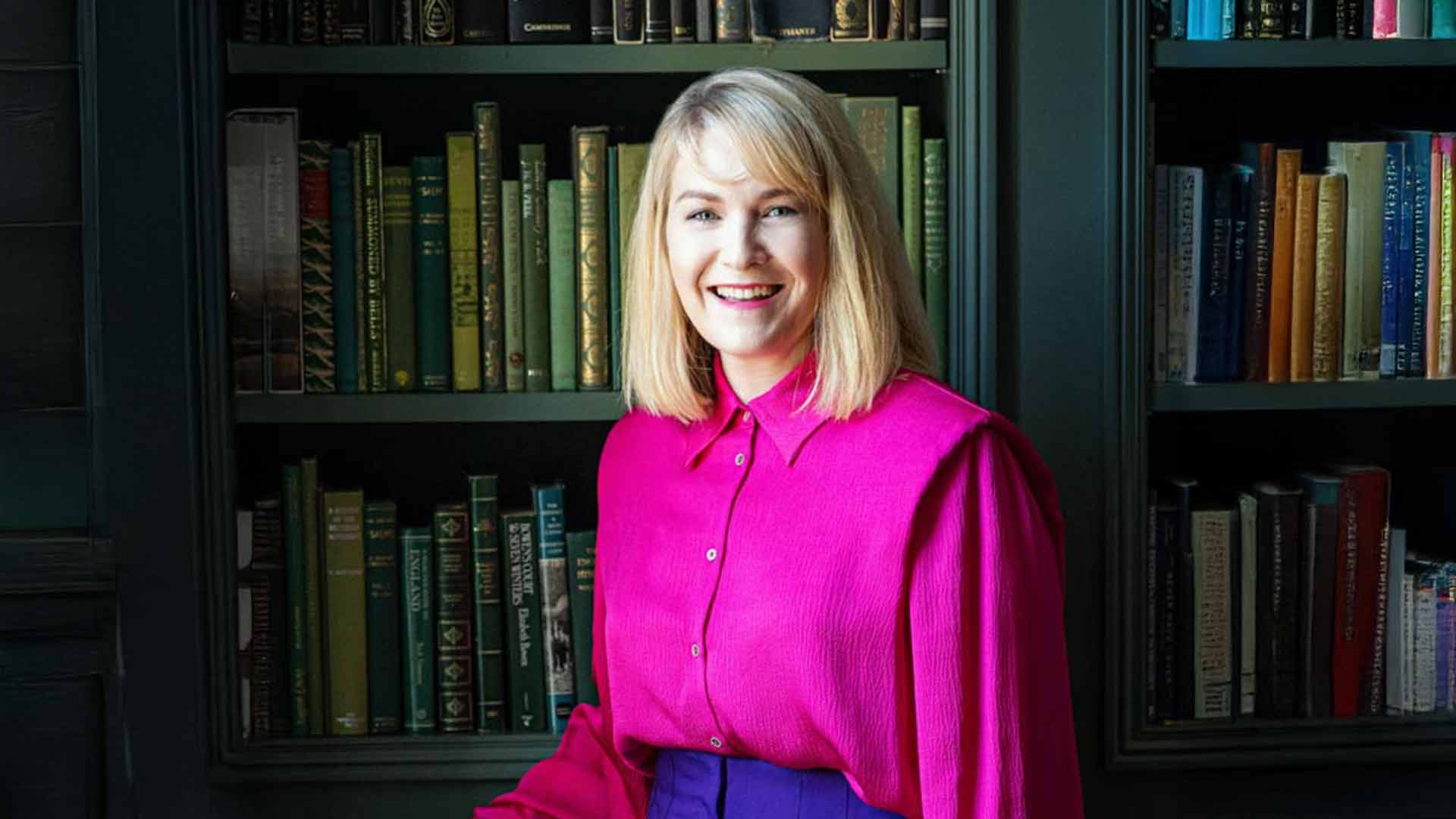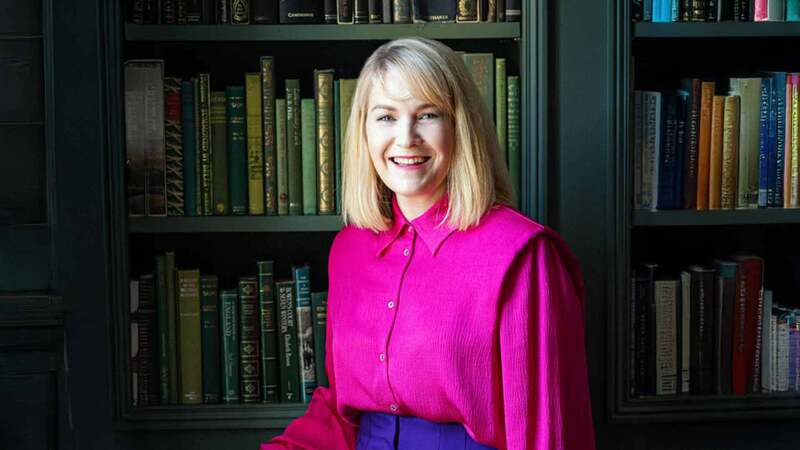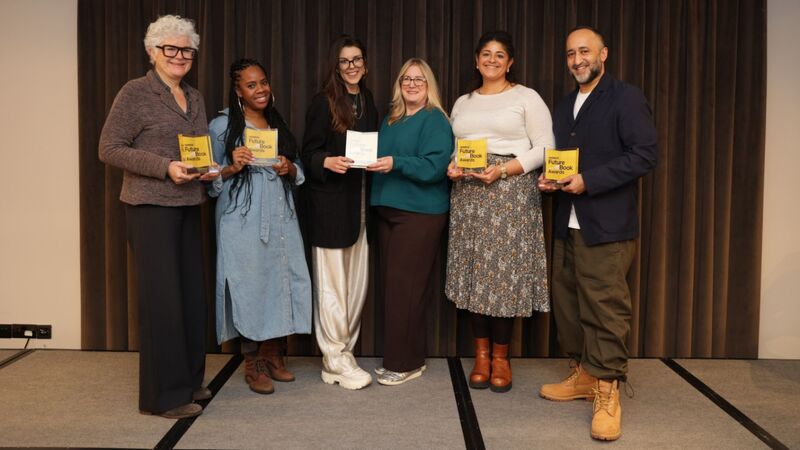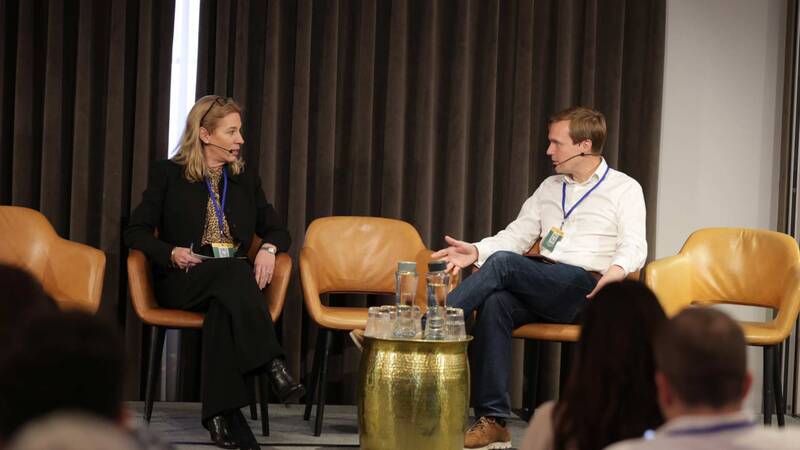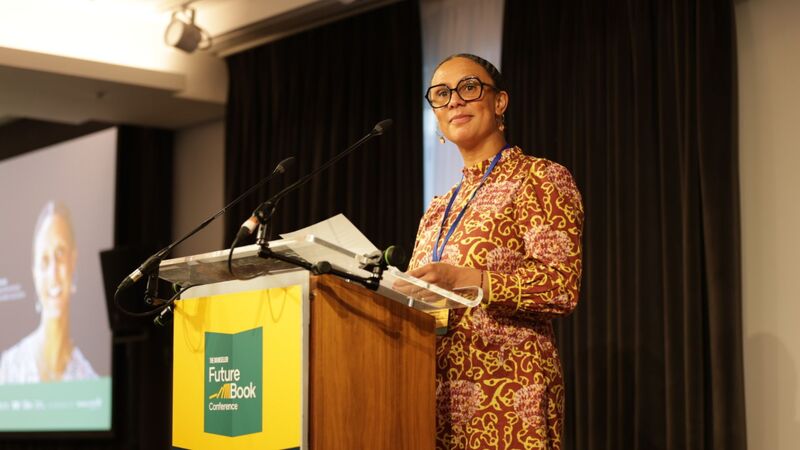You are viewing your 1 free article this month. Login to read more articles.
Women’s Prize Trust launches 'Big Give' Christmas Appeal and report into women's writing
The Women’s Prize Trust is launching its ‘Big Give’ Christmas fundraising appeal, seeking financial support from readers, writers and publishers to expand its 2025 Writers’ Room programme.
Data published today in the trust’s Impact Report: 30 Years of The Women’s Prize for Fiction shows that it is significantly more challenging to launch and sustain a writing career for women from lower socio-economic and global majority backgrounds, as well as those living with disabilities and chronic illnesses.
The Women’s Prize Trust, a charity creating equitable opportunities for women in the world of books, is aiming to raise £20,000 between 3rd and 10th December, which will be doubled by the Big Give Christmas Challenge. These funds will make it possible for the Trust to continue working to develop a practical, inclusive, free-to-access writers’ programme that targets these underrepresented groups, enabling them to reach 5,000 aspiring writers in the first year and 15,000 over three years.
Under its Writers’ Room brand, the charity will increase the number of free writing workshops it offers, develop a new series of online and regional networking events to introduce writers to experts in the industry, and substantially bolster its toolkit of online resources for aspiring writers.
It will also launch for the first time bespoke mentorships to nurture early careers, specifically for writers from under-represented backgrounds. This programme has been designed with input from new writers and will focus on developing writing skills, navigating the world of publishing and building confidence, while nurturing a community of creatives—all with the aim to facilitate writing as a viable and fulfilling career.
Claire Shanahan, executive director of the Women’s Prize Trust, said: “More women are writing professionally than ever before, and the perception of what and how they can write has improved significantly over the lifespan of the Women’s Prize for Fiction. However, it is clear from research that we have more work to do to achieve genuine equity in the world of books. The gender pay gap for writers stands at an alarming 36%, 23% higher than the national average: an issue that is exacerbated for writers from lower socio-economic or global majority backgrounds and for those who live with a disability or long-term health condition.
“The Women’s Prize is committed to changing this at grassroots level: we believe that all women should have the access and opportunity to reach their full potential, and that society benefits from a rich and varied creative sector. We hope our trade partners, as well as the readers and writers in the Women’s Prize community, will join us to open the door for the writers of tomorrow—it is both our responsibility and an opportunity at this critical time for our polarised society.”
Data in the Trust’s Impact Report shows that despite the fact that the UK market share for female fiction writers has grown from 39% in 1998 to 57% in 2024, the gender pay gap for writers still sits at 36%. The data presented also serves as a reminder that significant barriers for writers from particular demographic groups remain firmly in place. While it is common for writers to experience challenges in the early stages of their career, a writer’s background and experience starkly increase the challenges they face: 76% of writers from global majority backgrounds—compared to 67% of white writers—experience lack of income or expectation of it, while 74% of writers who are disabled or have a long-term health condition have a lack of income, compared to 67% of non-disabled writers. Figures also show that the proportion of working-class writers has halved since the 1970s.
The inequity for female non-fiction authors “is most stark”, the trust said. The number of non-fiction books by women in the TCM Top 50 bestseller lists by category in 2023 (commissioned by the Women’s Prize Trust from Nielsen BookData and reported today) is hugely disproportionate compared to the number of books by men. In the Top 50 popular science titles, only 11% are written by women. Similarly, in politics only 17% are by women, 19% for sport, 29% for biographies and autobiographies, and 32% for self-improvement and popular psychology.
In regards to supporting the Writers’ Room, personal donations made via the Women’s Prize Trust’s page on the Big Give website—from 12pm Tuesday 3 December to 12pm Tuesday 10 December—will be doubled.
Personal donations can be made outside of this window via the Women’s Prize Trust’s website.
To make a corporate donation or enquire about volunteering on the Writers’ Room programme, contact Shanahan on Claire@womensprize.com.





